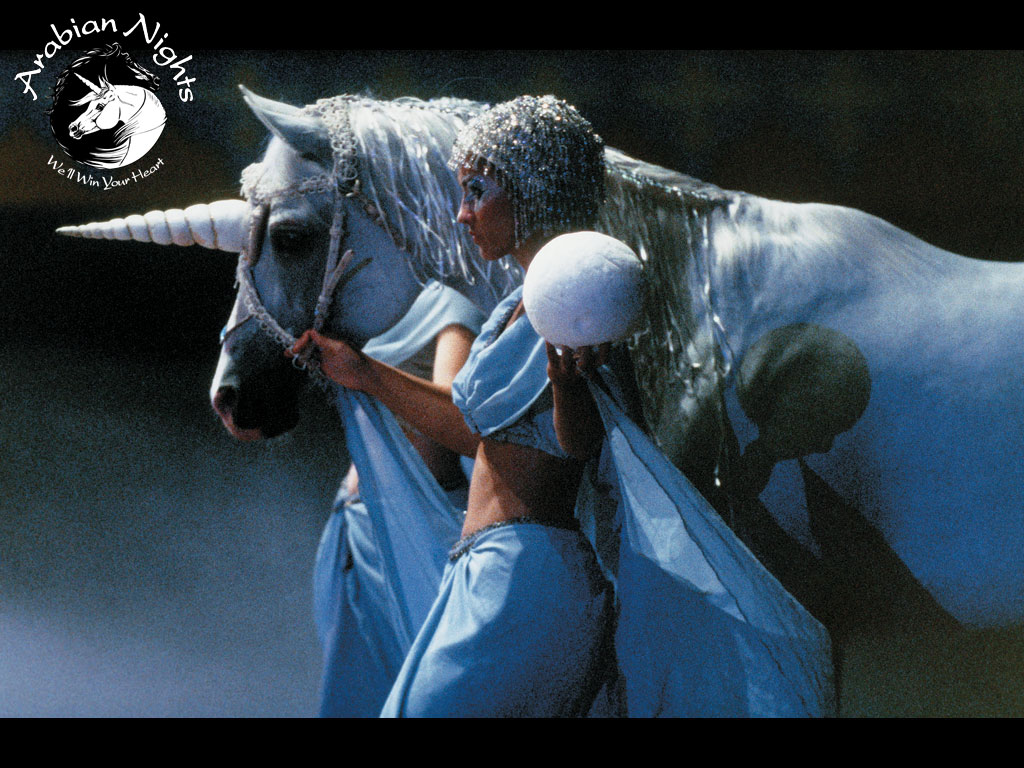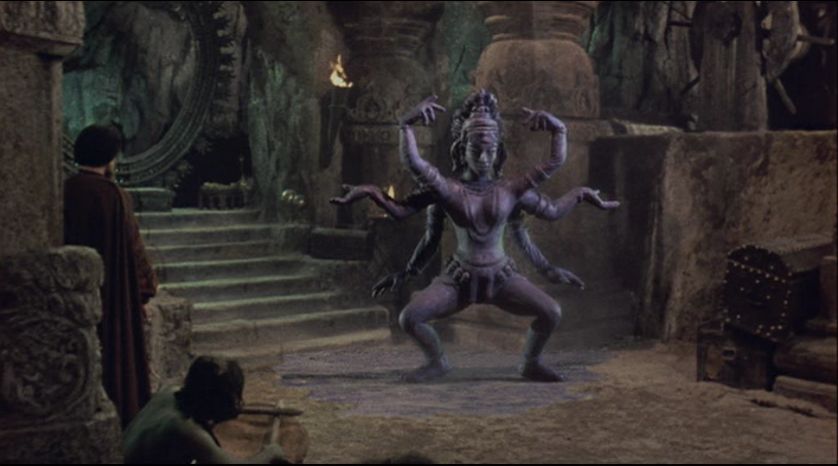72
The name Sinbad has so much intrigue surrounding it that the actual legend itself has become a bit nebulous. There are so many different versions that it is hard to pin down just exactly what the story actually is. As far as we can figure it is of Persian origin. This is not extremely helpful, however, because as of now, no Persian rendition of the story exists. Instead, The 7 Voyages of Sinbad the Sailor are recounted by a woman named Scheherazade in a collection called 1001 Arabian Nights.

The premise of Arabian Nights is that the king of Bagdad executes a new bride every night as sort of a tax on beauty. In modern times this would make the king a serial killer, but back then it was considered romantic I guess. Scheherazade, in order to postpone her inevitable death, begins to tell the king various different tales. She always stops these tales at critical points so that the king has to delay her execution another night if he desires to know the outcome. Arabian Nights is the source for both Ali Baba, and Aladdin, as well as the phrase “Open Sesame” and therefore also the source of Sesame Street.

When Scheherazade got to the Sinbad part of her stories though, she must’ve become a tad confused because Sinbad’s seven voyages borrow heavily from other classic myths, especially Greek ones. For instance, consider that both Sinbad and Odysseus battle a Cyclops and they both eat a magical plant that relieves them of their senses. This may have caused screenwriter John Logan to set the hugely unpopular DreamWorks version in Greece instead of Arabia. Initially this caused Arab interest groups to cry foul because Sinbad was no longer depicted as an Arab. While I agree that it was a tad cowardly of DreamWorks to do this, Scheherazade clearly stole from Homer, so turnabout is fair play.

Aside from the actual Arabian Nights version, there are several different versions of the Sinbad legend. Most of them are not bad. The aforementioned DreamWorks animated version with Brad Pitt is actually ok, but it is known for bringing about the end of 2D Animation at DreamWorks, so it may not be everyone’s cup of tea. There are quite a few scenes that actually come straight from Scheherazade such as the island that is actually a giant whale, and the battle against the Roc, a giant bird of prey.

Animator Ray Harryhausen also produced an extremely good version in the 1950s. It was his first color film and a huge popular success, with music by Bernard Hermann that many rank among the composer’s finest. The story doesn’t really match up with the Arabian version either, but it’s action barrels along at a breakneck pace. It even features an animated skeleton swordfight, which Harryhausen later stole from himself and used in Jason and the Argonauts. It also includes a scene near the end whereby a genie is freed from slavery to his lamp. This idea also cropped up in the 90s when another of Scheherazade’s stories from Arabian Nights was adapted. It’s further ahead in our countdown, so I’ll let you wait and see what I’m referring to, though most of you could probably guess it.

Because of its reliance and close scrapes, surprising reversals and the cyclical nature of its narrative the titular Seven Voyages, remain timeless story nuggets that many authors have flirted with through the years. There’s even an inscrutable parody of Sinbad stories written by none other than Edgar Allan Poe. You can find it here, if you dare.
Next up … 71